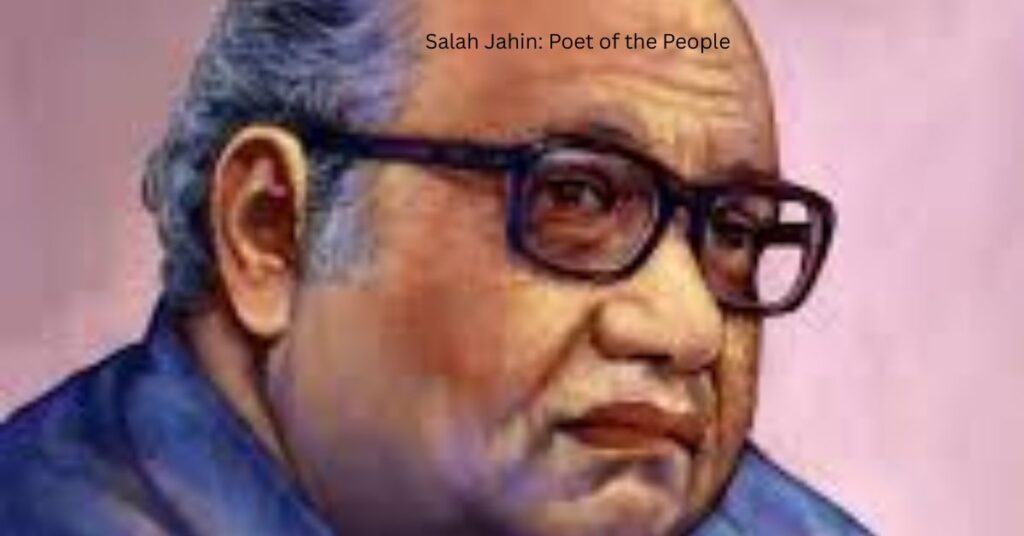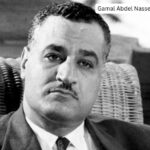Salah Jahin stands as one of Egypt’s most beloved literary and artistic figures, remembered for his ability to capture the voice of the common people. A poet, playwright, cartoonist, and lyricist, Jahin’s work reflected the hopes, struggles, and emotions of ordinary Egyptians. His powerful yet simple style made him the “Poet of the People,” a title he continues to hold decades after his passing.
Early Life and Background
Born in Cairo in 1930, Salah Jahin grew up in an environment that exposed him to both Egypt’s rich traditions and its social challenges. He pursued law at Cairo University but soon realized his true calling was in the arts. His early career began as a cartoonist, where his sharp wit and humor allowed him to address political and social issues in ways that resonated deeply with the public.
A Voice for the Masses
Jahin’s poetry was distinct because it broke away from elitist literary styles. Instead, he wrote in colloquial Egyptian Arabic, making his words easily accessible to everyone, from intellectuals to workers in the streets. His famous “quatrains” (rubaiyat) combined profound philosophy with everyday wisdom, often touching on themes of love, faith, struggle, and destiny.
Through his verses, he gave voice to the concerns of ordinary Egyptians—expressing their joys, sorrows, and dreams. His poetry reflected both optimism and melancholy, embodying the complexity of the human experience.
Contributions to Egyptian Arts and Culture
Salah Jahin was not limited to poetry. His creativity spanned multiple fields, leaving an indelible mark on Egyptian culture:
- Songwriting: Jahin penned some of the most iconic patriotic and emotional songs in Egypt’s modern history. Many of his works were performed by legends such as Abdel Halim Hafez and Sayed Mekawy. His lyrics often combined national pride with heartfelt sentiment, inspiring generations.
- Theatre and Cinema: Jahin wrote scripts and plays that tackled social realities while maintaining a sense of humor and relatability. He collaborated with top directors and actors, further solidifying his place in Egypt’s cultural renaissance.
- Cartoons: As a political cartoonist, Jahin masterfully used satire to critique authority and highlight social injustices, earning both admiration and respect from his audience.
The People’s Poet
The reason Salah Jahin remains the “Poet of the People” lies in his authenticity. He did not distance himself from the struggles of society; instead, he became a mirror of it. His words were simple but carried layers of meaning, offering comfort and reflection to millions. Jahin’s ability to blend humor with seriousness allowed him to engage readers and listeners across generations.
Legacy
Salah Jahin passed away in 1986, but his work remains timeless. His poems are still recited, his songs continue to inspire national pride, and his artistic contributions influence new generations of writers and artists. More than three decades later, he is still celebrated as a cultural icon who spoke for the people and to the people.
Conclusion
Salah Jahin was more than a poet—he was a cultural bridge between intellectual circles and everyday Egyptians. By writing in the people’s language and addressing their concerns with sincerity, he became a true representative of his nation’s soul. His legacy as the “Poet of the People” ensures that his voice will continue to echo through Egyptian literature, music, and art for many years to come.





